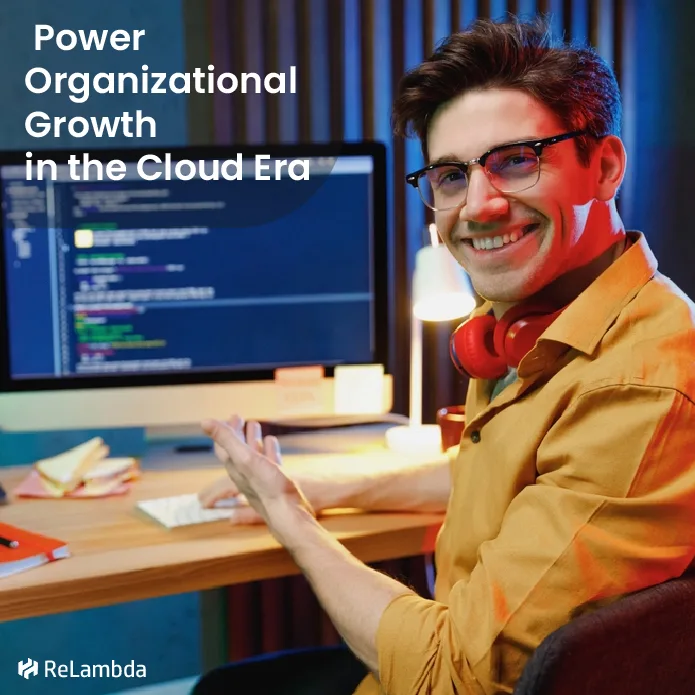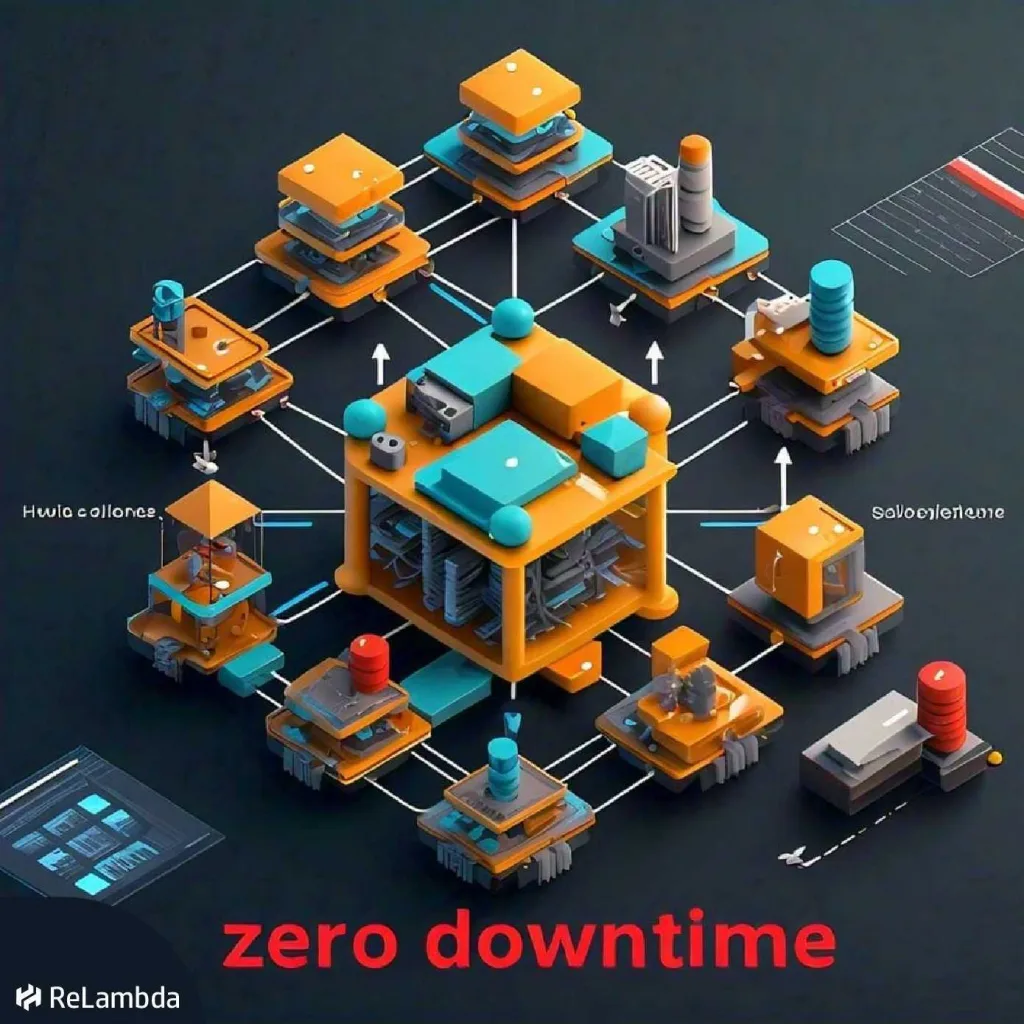DevOps: The Dark Knights of the Digital Realm
In the realm of technology, where digital empires rise and fall, there exists a breed of heroes often overlooked. These are the DevOps engineers, the unsung architects of the digital world. They are the guardians of the cloud, the protectors of our digital infrastructure.
Much like the legendary Dark Knight, DevOps engineers possess a unique blend of skills and a relentless dedication to security. They are the bridge between development and operations, the architects of seamless software delivery, and the sentinels of cloud security.
The Parallel Lives of DevOps Engineers and Batman
- Masters of Disguise:
- Batman: A billionaire philanthropist by day, a vigilante by night.
- DevOps Engineer: A software engineer, a systems administrator, and a security expert, all rolled into one.
- A Batcave of Tools:
- Batman: A high-tech Batcave filled with gadgets and gizmos.
- DevOps Engineer: A toolbox of powerful tools like Ansible, Terraform, Jenkins, and Kubernetes.
- The Vigilant Guardians:
- Batman: Protects Gotham City from villains and threats.
- DevOps Engineer: Safeguards cloud infrastructure from cyberattacks and vulnerabilities.
Cloud Security: The New Gotham City
The cloud has revolutionized the way we work and live. However, it has also introduced new challenges, particularly in the realm of security. DevOps engineers play a crucial role in securing cloud environments by:
- Infrastructure as Code (IaC): By using tools like Terraform, DevOps engineers can automate the provisioning and configuration of infrastructure, reducing the risk of human error and ensuring consistency.
- Continuous Integration/Continuous Delivery (CI/CD): CI/CD pipelines enable automated testing and deployment, helping to identify and address security vulnerabilities early in the development process.
- Security Testing and Scanning: DevOps engineers employ tools like vulnerability scanners and penetration testing to identify and mitigate security risks.
- Incident Response and Recovery: They have well-defined incident response plans to quickly address security breaches and minimize damage.
- Monitoring and Logging: By continuously monitoring cloud environments, DevOps engineers can detect anomalies and potential threats in real-time.
Securing the Cloud: A Multi-faceted Approach
To ensure the security of cloud infrastructure, DevOps engineers must adopt a multi-faceted approach:
- Strong Password Policies: Enforcing strong password policies and using multi-factor authentication (MFA) to protect user accounts.
- Network Security: Implementing network segmentation, firewalls, and intrusion detection systems to safeguard network traffic.
- Data Encryption: Encrypting sensitive data both at rest and in transit to protect it from unauthorized access.
- Regular Security Audits and Patching: Conducting regular security audits and promptly applying security patches to address vulnerabilities.
- Employee Training and Awareness: Educating employees about security best practices to prevent social engineering attacks.
The Future of DevOps and Cloud Security
As the digital landscape continues to evolve, the role of DevOps engineers will become even more critical. By embracing emerging technologies like AI and machine learning, DevOps engineers can further enhance cloud security and automate routine tasks.
In conclusion, DevOps engineers are the unsung heroes of the digital age, safeguarding our cloud infrastructure and ensuring the security of our digital world. They are the Dark Knights of the cloud, tirelessly working to protect our data and applications. Interested in securing your cloud infrastructure connect with ReLambda


